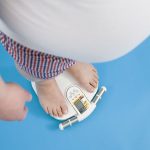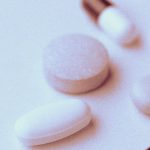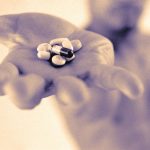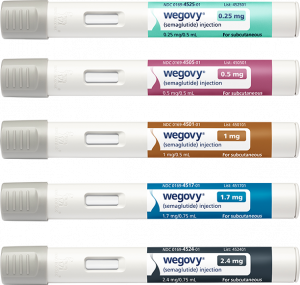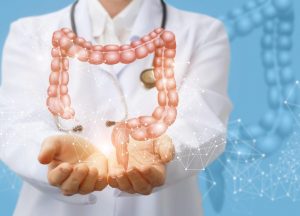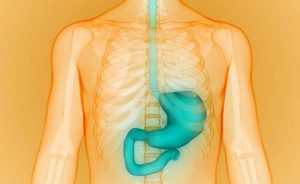
(HealthDay News) — Glucosamine has long been used as a supplement to help ease the joint pain of arthritis, but new research suggests its anti-inflammatory properties might also lower heart disease risk. The finding stems from a lifestyle survey involving more than 466,000 British men and women. None had been diagnosed with heart disease when they were first polled between 2006 and 2010. Nearly one in five said they had been taking glucosamine. After an average tracking period of seven years, taking the supplement was associated with a 15% lower risk for heart disease overall. Though a cause-and-effect link was not proven, glucosamine was also tied to a drop of between 9% and 22% for experiencing coronary heart disease, stroke, and/or a heart disease-related death. “Glucosamine is an amino sugar, and a natural compound found in cartilage, which is the tough tissue that cushions joints,” explained study author Dr. Lu Qi. He is director of the Tulane University Obesity Research Center, in New Orleans. “To my knowledge, people take glucosamine mainly through supplements, and therefore, not in significant quantities through diet.” As to his team’s findings, Qi described the association as “moderate, but significant.” “I am a bit surprised but not very much, because previous studies from humans or animals have shown that glucosamine may have protective effects on inflammation, which is a risk factor… read on >










